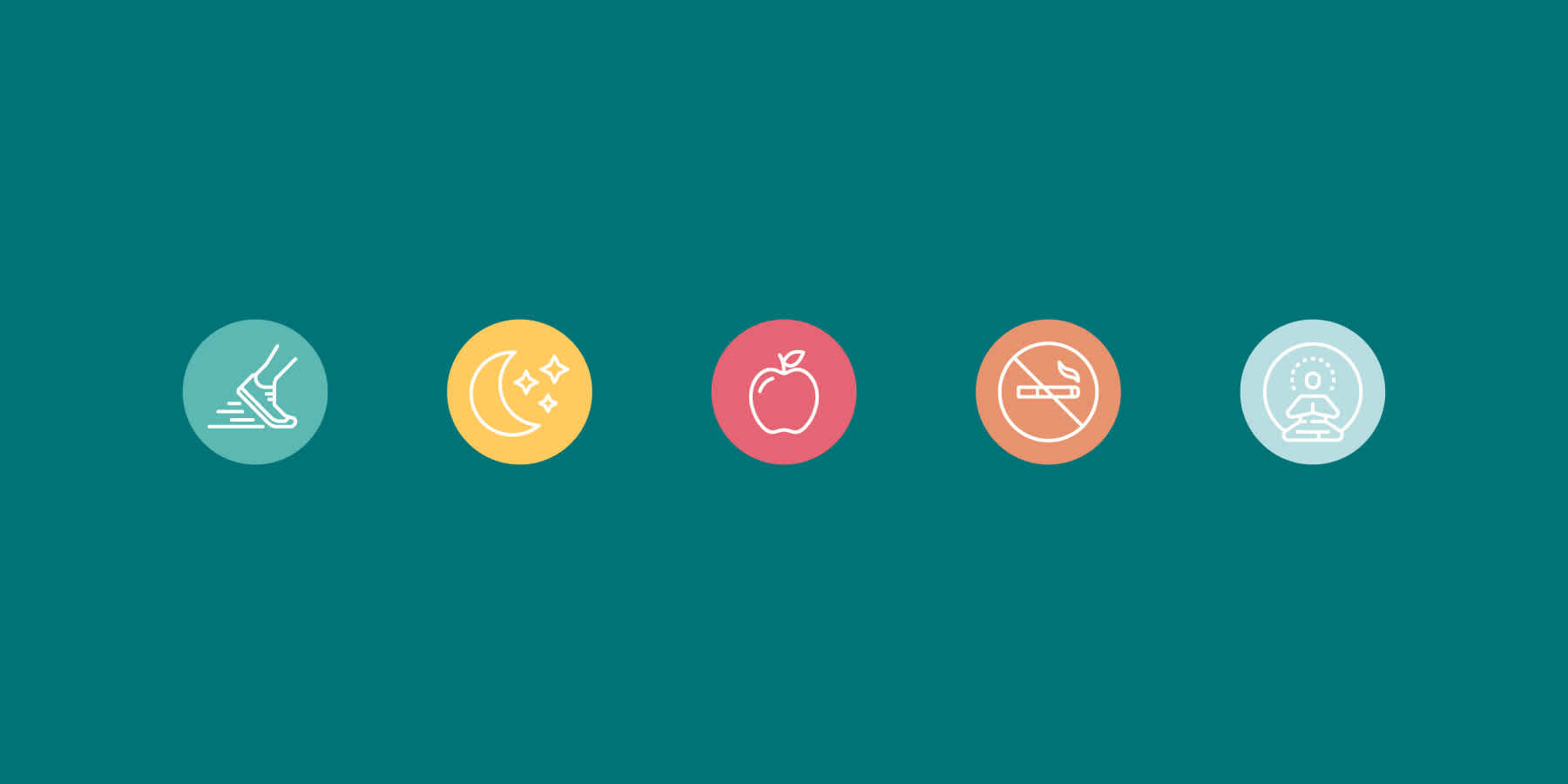
Understanding heart health
Medically reviewed on May 11, 2023 by Morgan Spicer, Medical Communications Manager. To give you technically accurate, evidence-based information, content published on the Everlywell blog is reviewed by credentialed professionals with expertise in medical and bioscience fields.
Table of contents
- What is heart health?
- What are lipids?
- Knowing your health risk
- How is cardiovascular disease treated?
- Related content
What is heart health?
Heart health is a term used to describe how well your cardiovascular system is working. To help measure your heart health, your healthcare provider may order a lipid panel, which includes blood tests that measure total cholesterol, HDL, LDL, and triglyceride levels. [1]
Self Reflection: Why is heart health important to you?
What are lipids?
Lipids are fat-like substances that play an important role in your body’s cells. These fats are the most common [2]:
- Cholesterol is a type of fat found in your blood that attaches to proteins called lipoproteins. Your total cholesterol measures the total amount of cholesterol in your blood, and it includes both HDL and LDL cholesterol.
- HDL cholesterol (high-density lipoprotein) is known as “good” cholesterol because it carries cholesterol out of the body and keeps cholesterol levels from building up, which helps protect your heart and brain.
- LDL cholesterol (low-density lipoprotein) is known as “bad” cholesterol because it can build up in your arteries and block blood flow to your heart and brain, which can lead to a heart attack or stroke.
- Triglycerides are the most common type of fat in the body. They come from the foods you eat, such as butter, oils, and other fats. Your body also converts any extra calories your body doesn’t need right away into triglycerides, which is stored as fat in cells.
Self Reflection: What did you learn from your most recent lipid test results?
Knowing your health risk
Cholesterol isn’t all bad. Your body needs a certain amount of it to maintain cells and make hormones. But when your cholesterol gets too high, it can form plaques that stick to the walls of your arteries. [2] These plaques can build up over time and cause your arteries to become narrow or blocked, which can lead to serious health complications. Atherosclerotic cardiovascular disease (ASCVD) results from a lifelong progression of plaque buildup that restricts blood flow to your organs. When blood flow to your heart or brain is blocked, it can lead to chest pain, heart attack, heart disease, or stroke. If you smoke or have high blood pressure or diabetes, your risk of heart disease increases. [1]
High cholesterol or high triglycerides usually have no symptoms. Some people can have high levels for years without knowing it. That’s why it’s so important to get tested regularly to check your lipid levels. Your healthcare provider can help you understand your individual heart health risks.
Self Reflection: What information or questions can you bring to your healthcare provider to help assess your ASCVD risk?
How is cardiovascular disease treated?
Cardiovascular disease is typically treated with lifestyle changes, but in some cases medication may be necessary. If lifestyle changes alone don’t lower your cholesterol, your healthcare provider may recommend a medication like a statin. Whether or not you need to be on a statin depends on your cholesterol levels and other risk factors for heart disease. [1,3]
Statins work by reducing the amount of cholesterol your body makes naturally and removing cholesterol already circulating in your blood. This helps lower your risk of heart attack or stroke. [3] Statins can also help lower triglycerides and raise HDL (good) cholesterol. If your healthcare provider prescribes a statin, take your statin as prescribed, be sure to report any new or worsening symptoms right away, and follow up with regular lipid testing and appointments as recommended.
Self Reflection: What steps can you take right now to live a heart healthy life?
Related content
Understanding emotional eating
References
- Heart-Health Screenings. American Heart Association. Updated March 22, 2019. Accessed May 10, 2023. https://www.heart.org/en/health-topics/consumer-healthcare/what-is-cardiovascular-disease/heart-health-screenings
- Cholesterol Levels. National Library of Medicine MedlinePlus. Accessed May 10, 2023. https://medlineplus.gov/lab-tests/cholesterol-levels/
- Statins. National Library of Medicine MedlinePlus. Accessed May 10, 2023. https://medlineplus.gov/statins.html